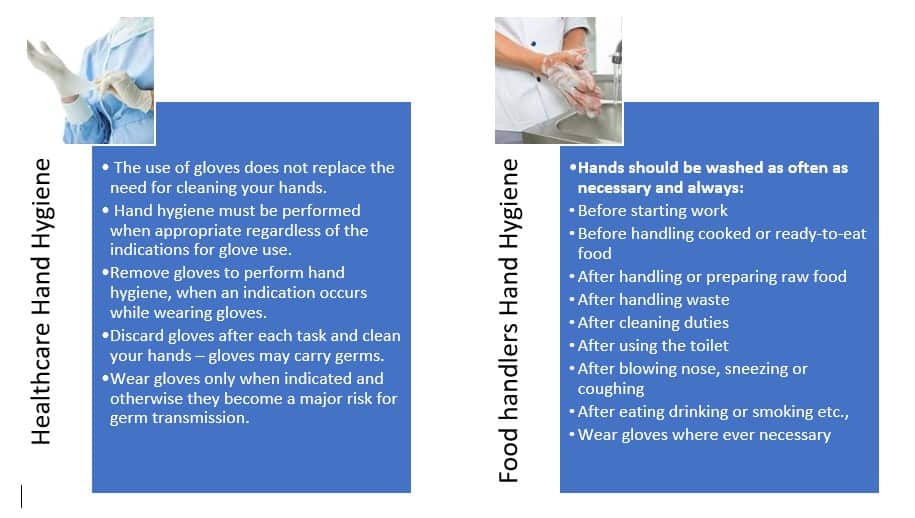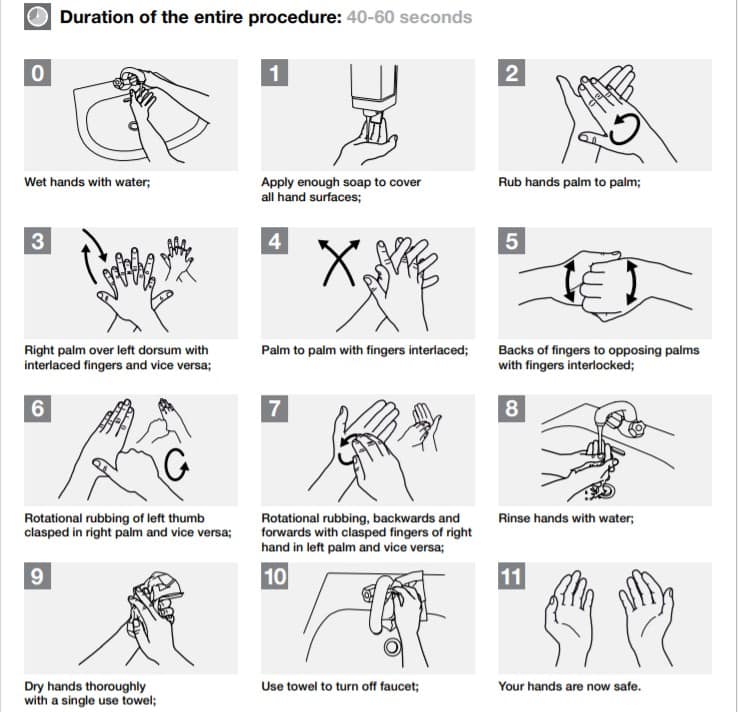Handwashing: The Forgotten Hero
Everybody forgot about the humble handwash until COVID-19 reminded us of its importance. Handwashing with soap and water has been part of personal hygiene for centuries. It is a good reminder that simple actions can save lives.
Early Discoveries in Hand Hygiene
The link between handwashing and healthcare was noticed over two centuries ago. Ignaz Semmelweis, a Hungarian doctor and known as the father of hand hygiene, set handwashing standards in 1846. He discovered that puerperal fever could be prevented by washing hands with chlorine. Following his method, the mortality rate fell drastically to 3%.
Later, during the Crimean War, Florence Nightingale implemented handwashing and other hygiene practices in her hospital. She aimed to fight miasmas, but her handwashing practices reduced infections significantly.
Resistance and Delay
Semmelweis and Nightingale faced great resistance. Their practices were not widely accepted, and handwashing almost disappeared for over a century.
Revival of Hand Hygiene
In the 1980s, food-borne outbreaks and healthcare-related infections became a serious public concern. The United States Centers for Disease Control and Prevention (CDC) recognized hand hygiene as vital to prevent infection. They became the first to nationally endorse hand hygiene guidelines, which many other countries later adopted.
Importance in Healthcare and Food Safety
The healthcare industry meticulously adopted hand hygiene because thousands die daily from infections acquired in hospitals, with hands as the main transmission pathway.
Millions of people also suffer from food-borne illnesses each year. Hands are responsible for the spread of an estimated 80% of common infectious diseases.
Although food is mostly contaminated during processing, studies show 40% of food-borne outbreaks result from cross-contamination due to poor hand hygiene. This occurs when food handlers do not wash their hands properly or frequently.
As the amount of food being processed increases, the risk of spreading bacteria to more people also rises.

Good hand washing technique is easy to learn and can significantly reduce the spread of infectious diseases. Though we all agree it, the sad part is that many people do not wash adequately or frequently enough. As we all are currently witnessing how the world is battling the COVID-19 outbreak, it is time to believe the practice of maintaining hand hygiene is more important today than ever & that it is an important tool for achieving good health. Follow the below steps demonstrating proper technique developed by WHO.

We urge you all to practice washing your hands regularly. And it is important that you share this information with other folks as well. To help you in this endeavor, we have a poster depicting the right hand wash technique and this can be bought from our store.